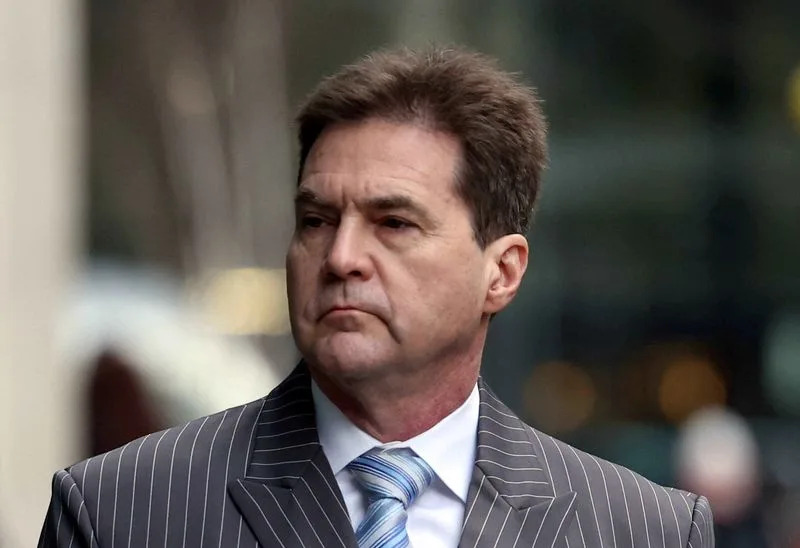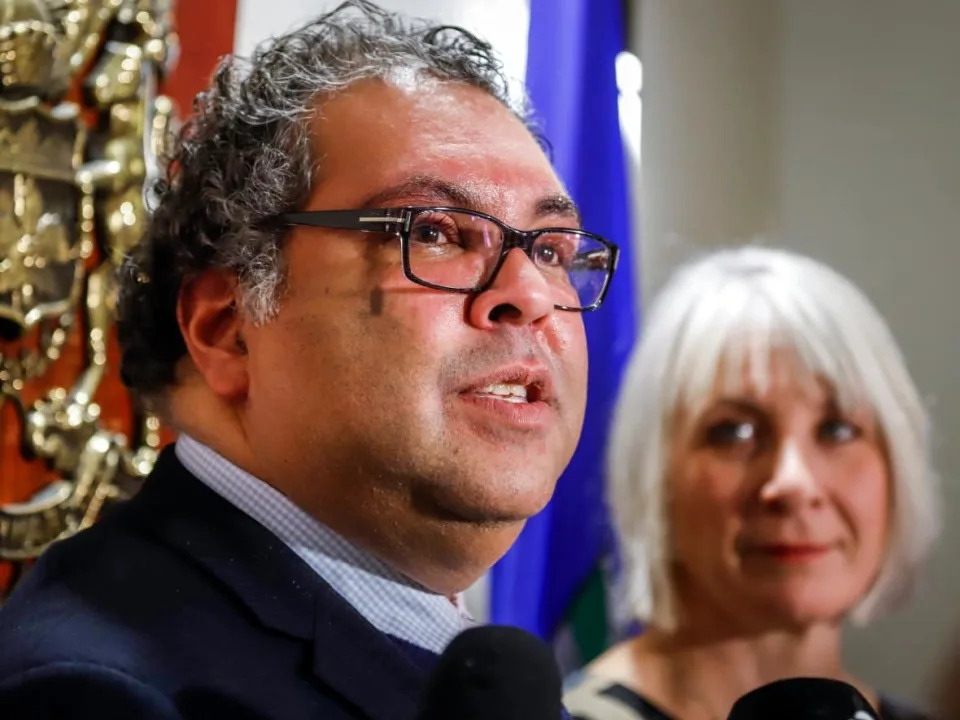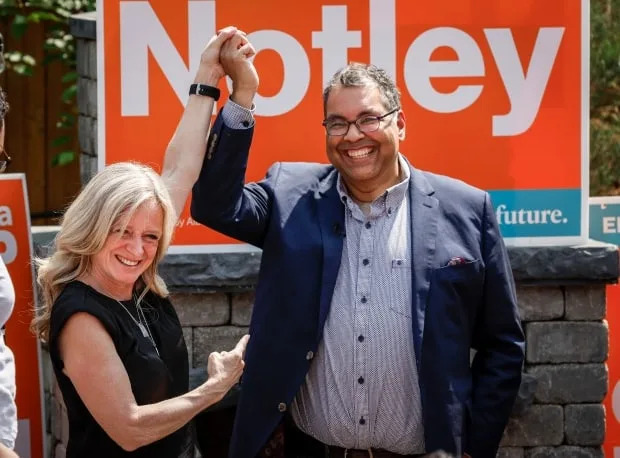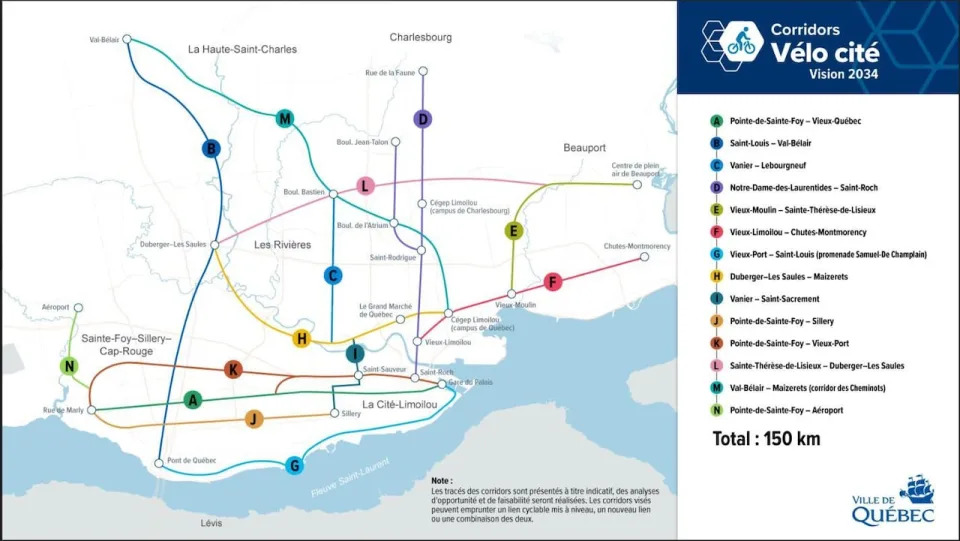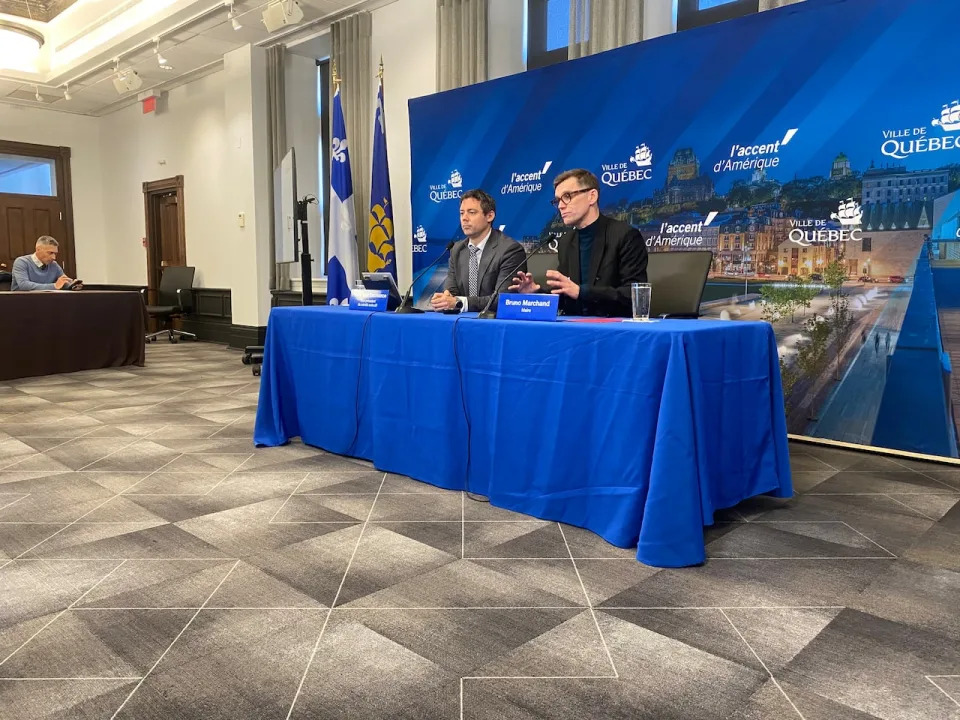Failure to deliver insulation and clean tech ‘cost households on energy bills’
Emily Beament, PA Environment Correspondent
Mon, 5 February 2024

A lack of investment in home insulation and green tech cost households up to £1,900 on their energy bills last year, a report has suggested.
Greater investment and faster moves on insulation, solar panels, renewables, heat pumps and electric cars over the last decade could have delivered savings totalling £70 billion by 2023, the Energy and Climate Intelligence Unit (ECIU) said.
The UK would have saved £56 billion in the first two years of the gas crisis in 2022 and 2023, as insulation and clean tech would have reduced demand for expensive oil and gas, the study from the think tank said.
But successful policies for boosting home insulation and solar were scrapped over the past decade and there has been slow progress and delays on measures for new homes, heat pumps, electric cars and renewables, the ECIU said.
A household with all the available technologies would have saved £1,900 on their bills in 2023, the report calculates.
If Government support schemes for energy efficiency, which were cut in 2013, had been maintained, an extra 10 million homes would have received insulation upgrades, saving £12 billion on bills over the decade, it said.
The average property with a Band D energy efficiency rating would have saved £320 in 2023 if their home had been upgraded to Band C, reducing the impact of soaring costs of the energy crisis.
Almost three quarters of the extra cost hit households, and the remainder was paid by the Government’s price freeze, the report said.
Maintaining solar panel installation rates at their 2011 peak, and speeding up the deployment of renewables such as offshore wind, electric vehicles and heat pumps would also have saved billions of pounds in energy costs.
Dr Simon Cran-McGreehin, head of analysis at the ECIU, said: “Investment in these net zero technologies brings returns in the form of lower energy bills, reduced vulnerability to volatile international gas markets and the prospect of real energy independence for the UK.
“A lack of investment leaves families colder and poorer and has left the country in a real hole in the gas crisis at a cost of tens of billions of pounds.
“Had billions been invested in insulation and renewables, not only would huge savings have been made for the bill and tax-payer, but these savings would continue into the future at a time when the gas price is expected to remain high.”
A Department for Energy Security and Net Zero spokesperson said: “We do not recognise these highly speculative figures, they ignore the fact the proportion of homes in England with an EPC rating of C or above has risen from just 14% in 2010 to almost half today.
“We are helping families to make changes, increasing the boiler upgrade scheme by 50% – making it one of the most generous in Europe. Our plan is working and applications are now up by nearly 50% compared to last year.
“The UK is also a world leading renewables sector – home to the five largest operational wind farms in the world, with renewables accounting for over 40% of our electricity, up from 7% in 2010.”








